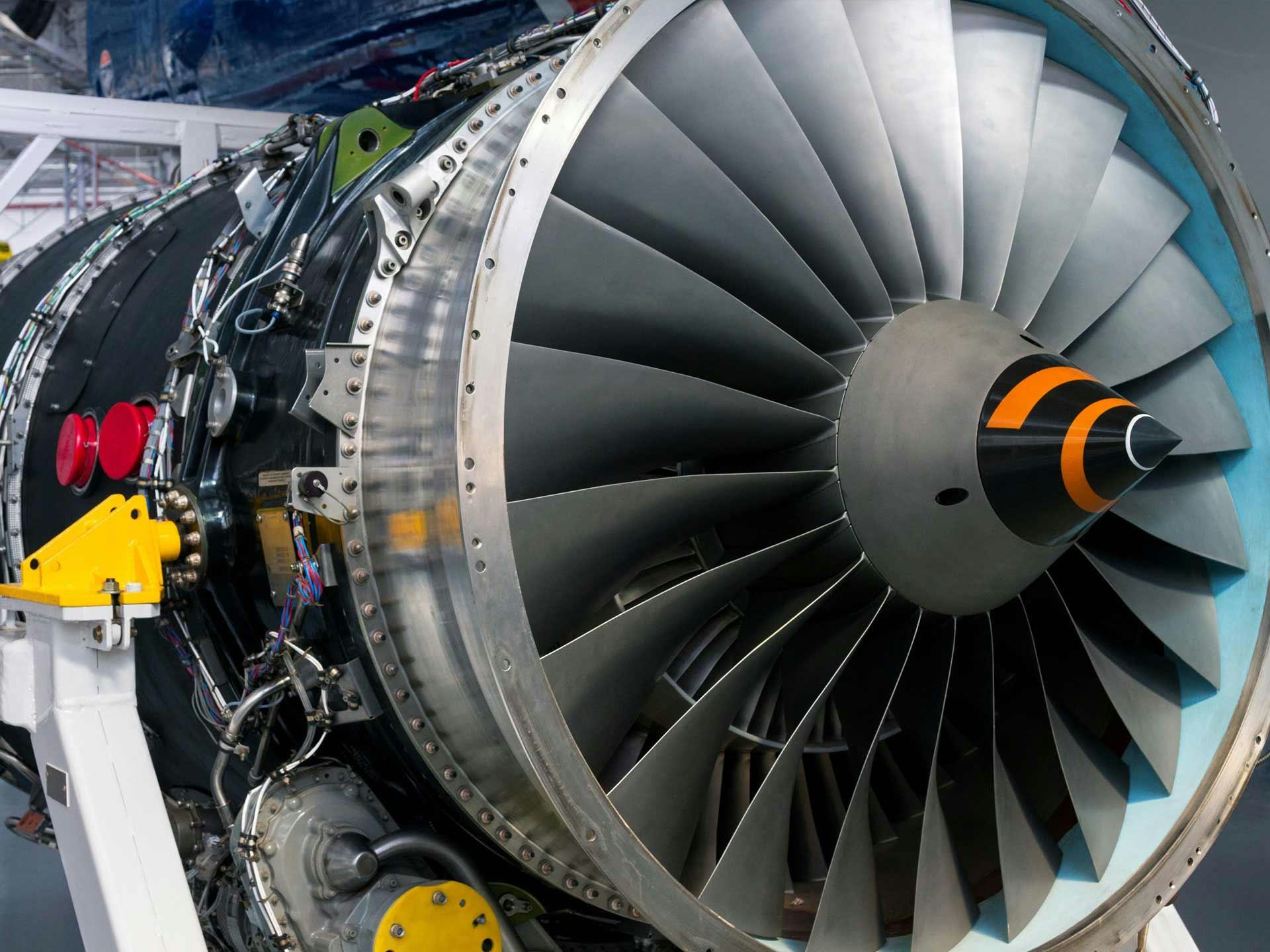AeroGenie — Tu copiloto inteligente.
Tendencias
Categories
Delta Replaces Engines on Airbus Aircraft to Address Fume Concerns

Delta Replaces Engines on Airbus Aircraft to Address Fume Concerns
Delta Air Lines is undertaking a major replacement of auxiliary power units (APUs) on over 300 Airbus A320 aircraft to address ongoing concerns about toxic fumes leaking into cabins. This initiative, which began in 2022 and is now more than 90% complete, aims to mitigate health risks posed to both crew and passengers by exposure to contaminated cabin air.
Health Risks and Industry Context
Reports from flight attendants and subsequent investigations have long highlighted the dangers associated with engine fumes entering aircraft cabins. Exposure to these fumes has been linked to neurological symptoms, as noted by Dr. Robert Harrison, an occupational medicine specialist at the University of California San Francisco, who has treated more than 100 flight crew members affected by such incidents. The problem is particularly acute in the Airbus A320 family, which accounted for approximately 61% of reported fume incidents last year, according to a recent Wall Street Journal investigation. Flight attendants have recounted distressing experiences with toxic fumes, some fearing for their safety during affected flights.
Delta’s decision to replace the APUs reflects increasing scrutiny from both industry stakeholders and regulatory authorities. While the airline has not disclosed the financial cost of the project, it acknowledged the significant operational and logistical challenges involved in sourcing and installing new engines across its fleet. The replacement process requires meticulous coordination to minimize service disruptions and maintain passenger safety.
Regulatory and Industry Responses
The Federal Aviation Administration (FAA) continues to enforce stringent standards for cabin air quality, yet the persistence of fume incidents underscores the need for ongoing improvements in aviation safety. Market reactions to Delta’s initiative have drawn heightened attention from regulators and raised questions about passenger confidence.
Other carriers are addressing the issue through different strategies. United Airlines, for example, has implemented a proactive maintenance program that monitors engine oil consumption and pressure, alongside replacing APU seals to prevent leaks that could contaminate cabin air. United’s CEO, Scott Kirby, emphasized that the airline has focused on this issue for over a decade and noted that newer aircraft models, such as the Boeing 787 Dreamliner, incorporate design features that reduce the risk of fume leaks. Meanwhile, Frontier Airlines, which also operates Airbus aircraft, stated it is monitoring the situation closely, with CEO Barry Biffle noting that such incidents remain rare.
In addition to engine replacements, Delta is exploring the use of synthetic turbine oils from alternative manufacturers to further reduce the risk of toxic emissions. These efforts underscore the broader challenge facing the aviation industry in maintaining safe cabin environments and the importance of continuous safety enhancements as aircraft age and fleets evolve.

Factors Positioning Airbus for Leadership in 2026

Emirates Unveils Cabin Design for New Boeing 777X

Eighteen Years On, the Airbus A380 Remains Central to a $34 Billion Airline

How a boom in luxury airline seats is slowing down jet deliveries

Navitaire Outage Attributed to Planned Maintenance

Airbus Plans Record Delivery of 870 Aircraft in 2026

DigiYatra Debuts Outside Aviation at India AI Impact Summit

Vietnam Orders Strengthen Boeing’s Commercial Outlook

Airbus Signals Uncertainty Over Future A400M Orders

JobsOhio Awards $2 Million Grant to Hartzell Propeller for Innovation Center
